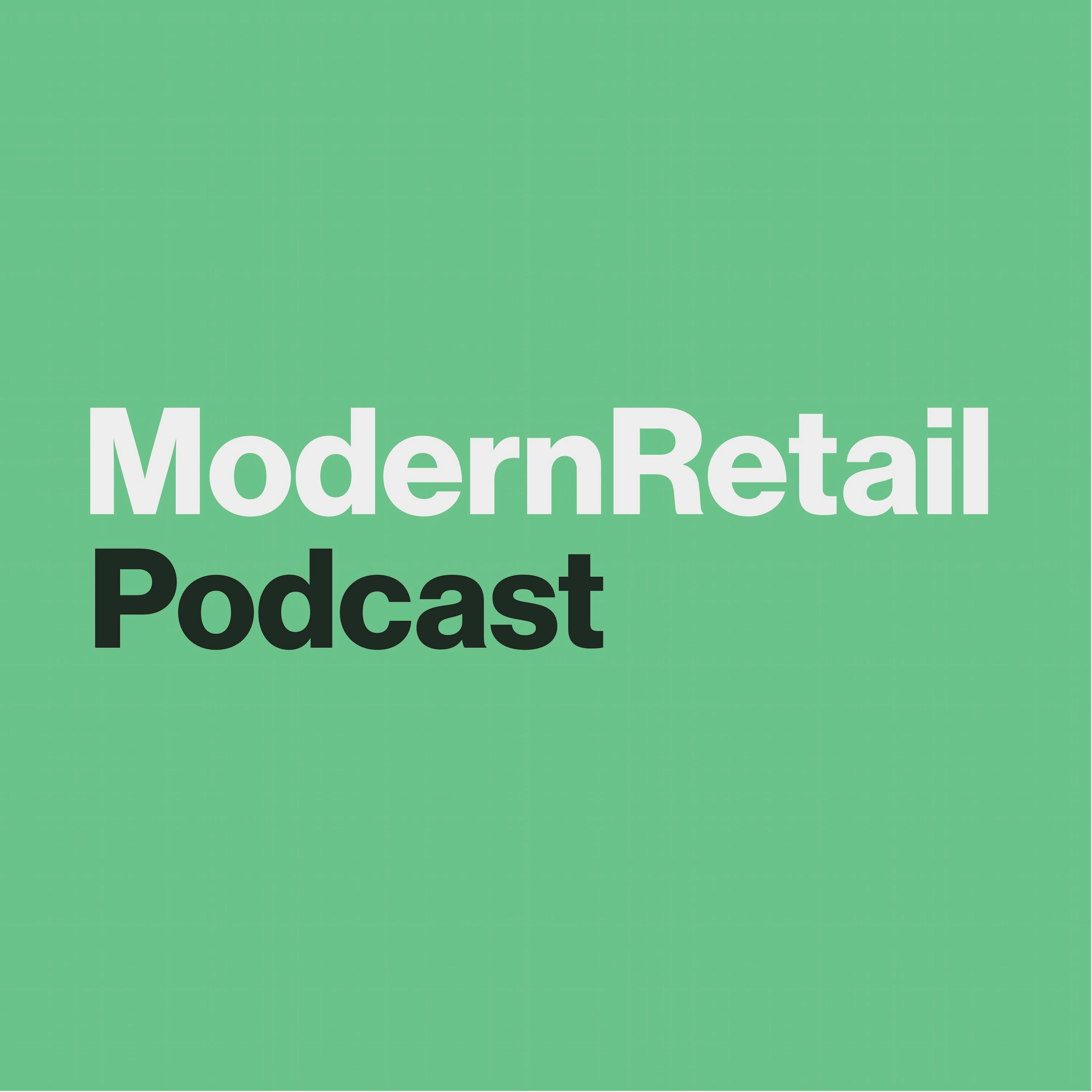We can't find the internet
Attempting to reconnect
Something went wrong!
Attempting to reconnect
'Everybody kind of laughed at us': HexClad CEO Daniel Winer on being an early DTC cookware company -- and catching the eye of Gordon Ramsay

Access AI content by logging in
The DTC pots and pans market is crowded, to say the least. But one early entrant continues to grow.
HexClad was founded in 2016 with the then-bizarre idea that people would be willing to buy their cookware online rather than from major brick-and-mortar retailers like Williams-Sonoma. The bet paid off -- this year, HexClad is on track to exceed $350 million in revenue and has high-profile business partners like celebrity chef Gordon Ramsay.
But it took some time to get people to warm up to the idea of HexClad's business model, said CEO and co-founder Daniel Winer. "Everybody kind of laughed at us," he said on this week's Modern Retail Podcast.
But after some trial and error and proving out the business, HexClad has been able to grow and expand beyond pots and pans to other parts of the kitchen like knives. The brand is most known for its hybrid nonstick and stainless steel pan. The idea, said Winer, was to make "a better mousetrap." And that ethos has continued as its grown.
"We keep with the same philosophy, which is: it will be of the highest quality," said Winer. "Whenever possible, it will be completely innovated."
This is likely what caught the eye of Gordon Ramsay. But, according to Winer, Ramsay wasn't interested in being just a celebrity spokesperson. He's now a part-owner in the brand. "He wants to be part of the strategy," he said. "He wants to help design the products."
With this growth comes questions about strategy. HexClad is sold mostly online with one retail account: Costco. "Costco is a unique animal because it should be uncool to shop there -- but it's not," Winer said. But HexClad has opted to use that as its one wholesale channel rather than expanding into other well-known homewares stores.
The focus, then, is on growing the audience -- and global expansion is a big part of it. While the international business is still relatively small, Winer has high hopes.
"In a perfect world, we would love to get to the point that maybe in one to two years, that international would be between 25% and 30% of our overall business," he said.
